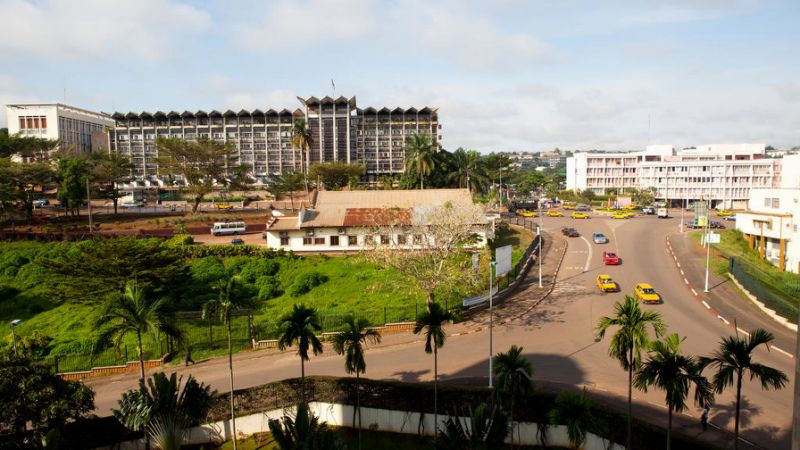
The religious are aiming for a ceasefire agreement in the crisis that is shaking the northwest and southwest regions. On July 2, the Church became involved in what appeared to be a first, concerning the meeting between the separatist leader Julius Sisiku Ayuk Tabé and Yaoundé government officials, in a heavy climate of mistrust.
The Catholic Church, which was already heavily involved in the Grand National Dialogue, again played the role of facilitator during the recent contact between the English-speaking separatists imprisoned in Yaoundé and government emissaries. The meeting was held at the Episcopal Centre of Mvolyé in the Cameroonian capital. For the occasion, Julius Ayuk Tabé, the self-proclaimed president of Ambazonia and some of his supporters had been specially extracted from their cells to begin discussions with the government authorities. Among them was a privileged witness: Monsignor Andrew Nkea Fuanya, Archbishop of Bamenda.
This new involvement of the Catholic Church in trying to bring the conflicting parties to the crisis in the English-speaking regions has been rather well received by many observers, whereas until now a sort of crisis of confidence seems to have set in on both sides between the protagonists. All the more so as ten months after the holding of the Grand National Dialogue, the resolutions that emerged from it are slow to be implemented. In particular the special constitution for the North-West and South-West regions.
